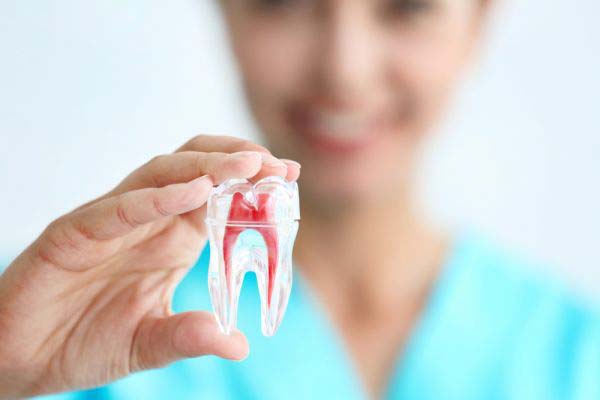When you go to the dentist and they tell you that you need oral surgery, do you need to visit another specialist? How do you if your dentist can perform the procedure themselves?
Let us go over what exactly a dentist and an oral surgeon do and how these providers differ. You may learn that your dentist is much more capable than you think.
The difference between a dentist and an oral surgeon
General dentist
A general dentist has one of two degrees: Doctor of Medicine in Dentistry (DMD) or Doctor of Dental Surgery (DDS). While it might seem confusing, both degrees mean the same thing. A person who holds either degree has received the same education.
The university that the dentist graduated from determines which degree is awarded. However, they carry the same weight. While a dentist does not specialize in oral surgery, they are trained in specific procedures.
Oral and maxillofacial surgeon
This type of surgeon specializes in surgical procedures of the face, mouth and jaw area. Some other common procedures performed by these surgeons include dental implants, tooth extractions and complex extractions. They also provide soft tissue biopsies, removal of tumors, implant positioning, complex jaw realignment and jaw bone fractures.
Many oral surgeons will complete a surgical residency to gain more experience with complex surgeries. They also usually have additional training to carry out intravenous (IV) sedation and anesthesia.
Common oral surgery procedures from a dentist
Despite not being a surgeon, a dentist can offer basic oral surgery procedures in their office. This helps to treat patients who would otherwise need to make an appointment with a surgeon.
Tooth extraction
A dentist can perform tooth extractions, including wisdom teeth. If the teeth are impacted and the surgery is complicated, the dentist may refer you to an oral surgeon.
Having an impacted tooth means that the tooth is unable to grow in normally. It can be that your tooth is stuck under your gums or your tooth did not grow in completely. Most dentists can handle these types of complications, but they may decide to refer you to someone with more specialized training.
Dental implants
Many dentists can place dental implants. Your dentist may need to refer you to an oral surgeon if they are unable to complete specific components of the procedure. For example, they may suggest seeing a surgeon if there is not enough bone for the implant and it requires a bone graft.
Another benefit of having an oral surgeon perform this procedure is that they have received additional training in managing unexpected complications. An oral surgeon may also have advanced equipment and tools to make the process more comfortable.
The bottom line
At the end of the day, almost every dentist can perform basic oral surgical procedures. They have the training to handle patients’ daily needs. However, if you have specialized treatment needs, you will need to see an oral surgeon.
As a rule of thumb, it is always a good idea to talk to your dentist first. Not only do they know your oral health history, but they can also handle most oral problems. If you do not have a dentist, then please call our office to learn about our services such as oral surgery.
Request an appointment here: https://www.wholetoothmaui.com or call Ron Wallach DMD at (808) 876-1198 for an appointment in our Kula office.
Check out what others are saying about our dental services on Yelp: Oral Surgery.
